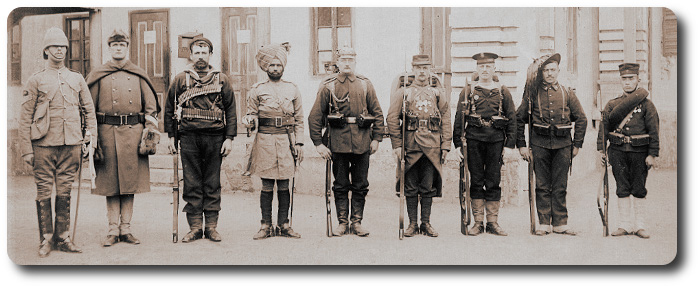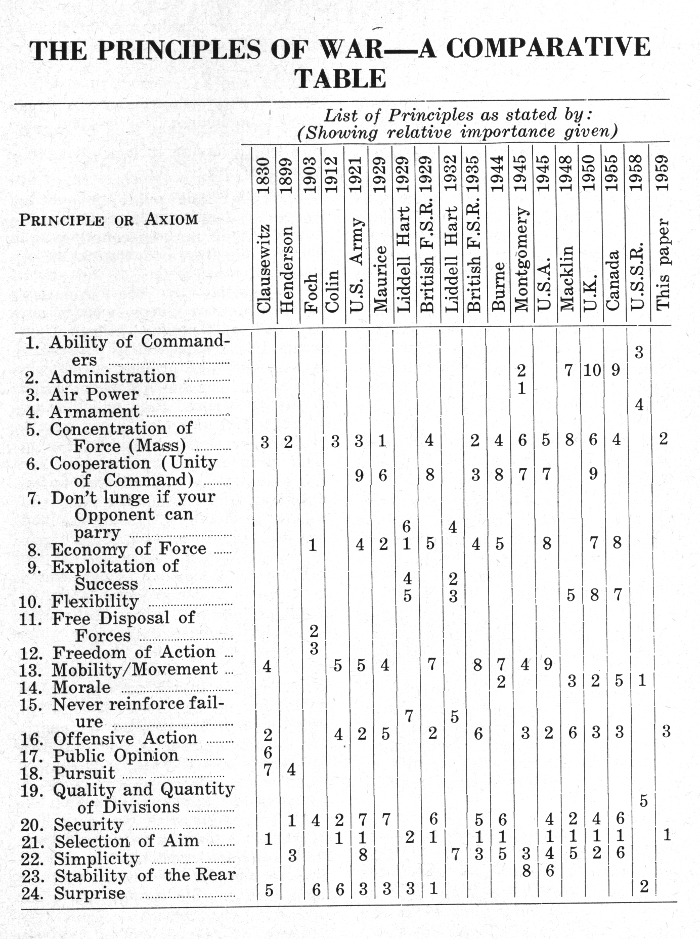Topic: Discipline

A Soldier's Trial and Execution, 1833
Lancaster Assizes, August 16.
Glasgow Herald, 26 August 1833
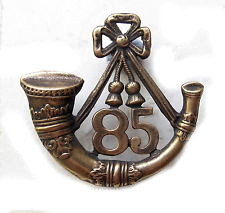 John Roach, aged 34, was indicted for the wilful murder of Daniel Maggs, in the Regent Barracks, Salford.
John Roach, aged 34, was indicted for the wilful murder of Daniel Maggs, in the Regent Barracks, Salford.
Mr. Armstrong stated the case to the jury.
The first witness called was Hugh Brown, a private in the 85th Regiment, to which the deceased (Corporal Maggs) and the prisoner belonged. He stated that on the morning of the 24th of April Roach entered the barrack room in Salford, with his musket in his hand, and said "Corporal Maggs, I thank you for what you have done to me." Maggs replied, "John, it is your own fault." Roach then leveled his musket, and discharged its contents into the body of Maggs, who staggered a few yards and fell down into the passage. The prisoner had been on the escort the preceding night, accompanied by the corporal, and had been placed for his misconduct in the guard-room. He raised the firelock in great haste just after the words had occurred between them.
Thoman Lyons, another private in the same Regiment, deposed that Roach had been confined in the guard-house on the night before the murder; that he heard the report of the musket, and went into the room where it had been fired; that he met the prisoner coming out quite dejected; that he soon afterwards met Maggs, whose hand was placed on his side, and who, after saying "My God!" fell down on the floor, and in a few minutes afterwards died at the hospital.
William Hargreaves, another private, stated that he was one of the escort with Corporal Maggs, on the 20th of April. They reached Warrington on Saturday, and on the following morning they left Warrington, and breakfasted at a public house on the road. Witness stood as sentinel in the passage leading to the front door, and Roach and Maggs were with the deserter in the house, with many of the prisoner's friends. Roach requested the corporal to take off the handcuffs for the deserter, and said it was "damned cowardly treatment to keep on the handcuffs while the deserter took his breakfast." Maggs refused to do so, and said if he did not hold his tongue he would report him to the commanding officer. A further altercation occurred between them. The escort arrived at Liverpool the same day; the deserter was lodged in gaol; and the soldiers drew the charges from their muskets. On the 23rd of April they returned to Manchester, and on their arrival at the barracks Roach was placed by Maggs in the guard-room.
John Brown, a private in the regiment, deposed that on the morning of the murder he found a bullet, which after passing through the body of the corporal penetrated a lath and plaster wall, and then dropped to the floor.
Mr. John Boutflower, surgeon, stated that he examined the body of the deceased on the evening of the 24th of April; that a little below the right breast he observed a wound sufficiently large to admit three fingers; two or three of the ribs were fractured; and a smaller wound was found in the back, a little below the shoulder blade. He afterwards opened the chest, and found a wound, such as a gun-shot wound; the right lung was nearly torn up, and the effusion of blood on the chest was the cause of the corporal's death.
The prisoner having been called upon for his defence, said. "I was carried away in a moment of passion, but I had no intention, when I discharged the piece, of destroying the man. I am sorry for what I have done, and the action has cost me many a tear of repentance. I hope that Almighty God will look upon me as a penitent, and pardon me for what I have done."
The prisoner called Captain William Hunter, the commander of the company in which he had served, who characterized the prisoner as a humane and steady man.
The Jury, after a few minutes consultation, pronounced a verdict of guilty.
The Judge then, in a solemn and impressive manner, passed the awful sentence of law upon the prisoner, directing him to be executed on Monday next.

Execution
John Roach, the soldier, who was tried on Friday last for the wilful murder of Corporal Maggs, in the barracks at Manchester, under the circumstances detailed in the report of the trial, was executed on Monday morning, pursuant to his sentence, on a gallows erected behind the Castle. In the interval between the sentence and its execution, the unfortunate man, who is a native of Ireland, and a member of the Roman Catholic religion, was attended by the Rev. Mr. Brown, the resident priest at Lancaster, and we understand exhibited every mark of deep contrition and repentance for his crime, and of resignation to his untimely fate, the justice of which he fully acknowledged. The same propriety of behaviour which marked his conduct during the progress of the trial and afterwards, has, we believe, been manifested by him ever since his committal to gaol, being deeply sensible throughout of the enormity of his offence, and conscious that his own life must make atonement for it. It was generally expected that he would plead guilty; he was however induced to stand trial, though it was manifest during the whole course of it that he entertained little or no hope of escape.
At eight o'clock on Monday morning the prisoner was brought out for execution. He walked out with a quick and firm step, hardly glancing at the assembled crowd, and placed himself under the drop, with his back to the people. The executioner having put his cap upon his head, and adjusted the fatal rope, the burial service of the Catholic Church was read by the Rev. Mr. Brown, who kneeled down at the verge of the gallows. During this awful interval the prisoner stood firmly, though, as upon the trial, a convulsive twitching of the head and arms manifested the struggle that was going on within. The service being concluded, the bolt was drawn and the prisoner was launched into eternity. He did not appear to struggle much. After hanging the usual time the body was taken down and placed in a shell, to be interred within the limits of the gaol, pursuant to his sentence. There were about 2000 persons present, of whom a great portion were boys and girls belonging to the factories, who had been liberated a quarter of an hour sooner than usual in order to allow them an opportunity of witnessing the execution.


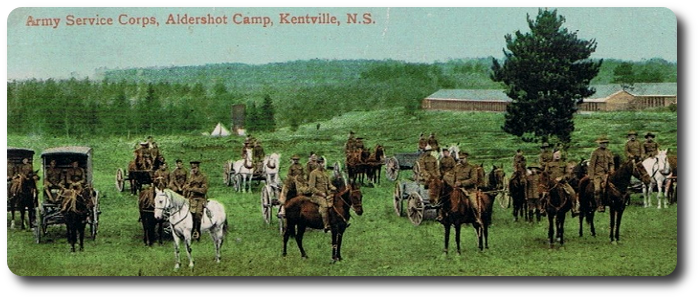
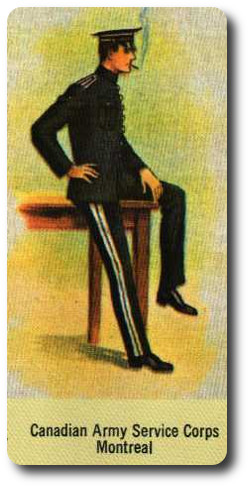 A departmental regulation says that the Canadian Army Service Corps (permanent unit) being a combatant corps, its officers will hold the usual ranks and titles of combatant officers, but their command and authority will not extend outside the Canadian Army Service Corps until such time as they have qualified as follows: To be entitled to exercise as the senior officer present, the command of troops of other corps in the field, an officer must hold the same qualifications in the Canadian Army Service Corps (permanent unit) as are required for officers of corresponding ranks in the then combatant branches as laid down in King's regulations for the Army, 1904.
A departmental regulation says that the Canadian Army Service Corps (permanent unit) being a combatant corps, its officers will hold the usual ranks and titles of combatant officers, but their command and authority will not extend outside the Canadian Army Service Corps until such time as they have qualified as follows: To be entitled to exercise as the senior officer present, the command of troops of other corps in the field, an officer must hold the same qualifications in the Canadian Army Service Corps (permanent unit) as are required for officers of corresponding ranks in the then combatant branches as laid down in King's regulations for the Army, 1904.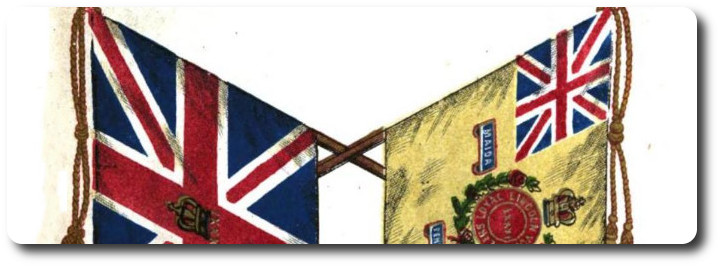

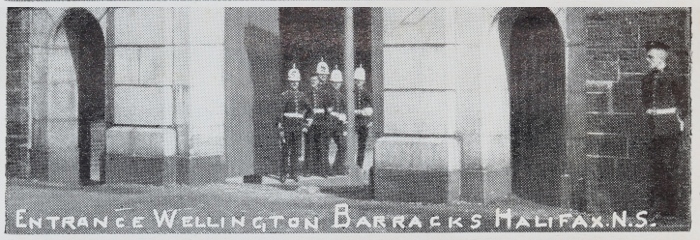
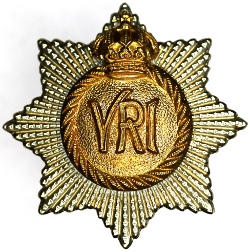 A militia order has just been approved by the department providing for the formation of a battalion to take the place of the regular [British] garrison at Halifax. The order is as follows:
A militia order has just been approved by the department providing for the formation of a battalion to take the place of the regular [British] garrison at Halifax. The order is as follows:
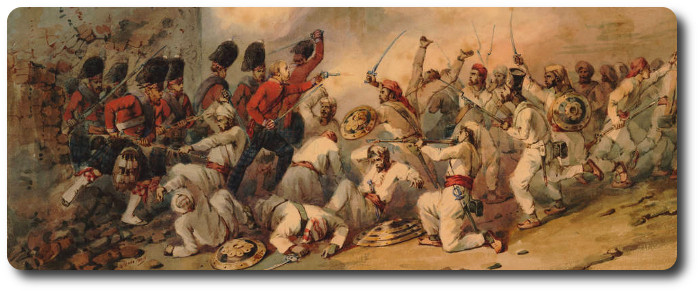
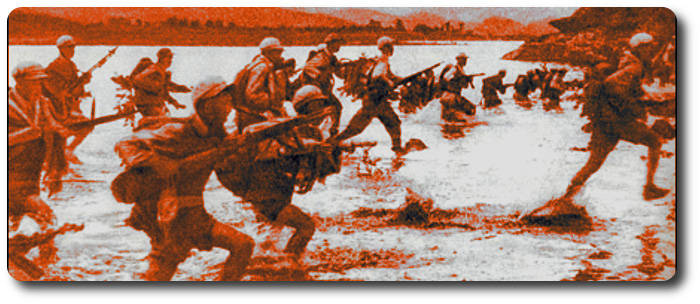

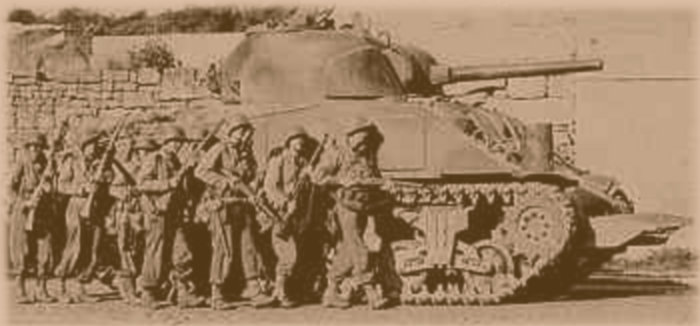
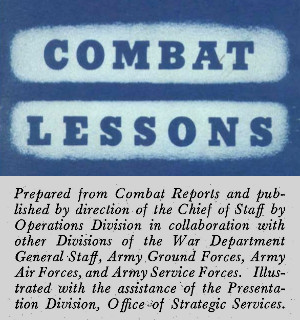 Combat Lessons, Number 2, September 1946
Combat Lessons, Number 2, September 1946

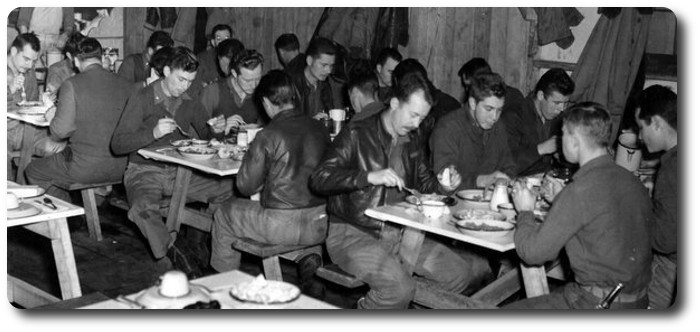
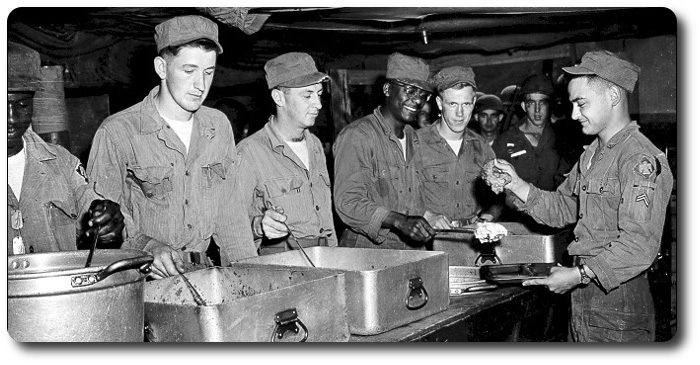
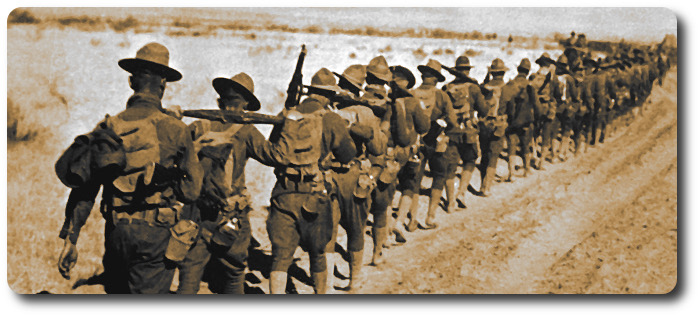
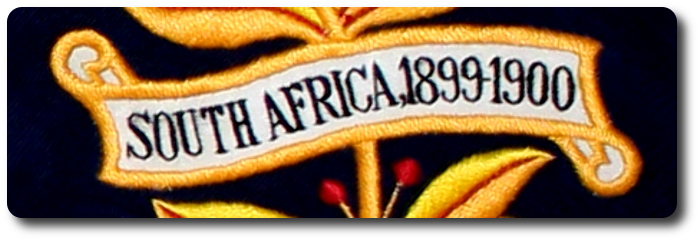
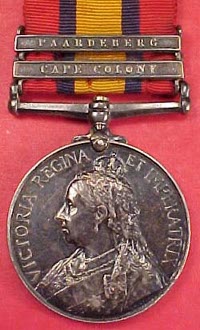 Color Sergeant Thompson of 40 Gwynne Avenue, [Toronto], now with the Second Battalion, Royal Canadian Regiment, in South Africa, writes home:
Color Sergeant Thompson of 40 Gwynne Avenue, [Toronto], now with the Second Battalion, Royal Canadian Regiment, in South Africa, writes home:
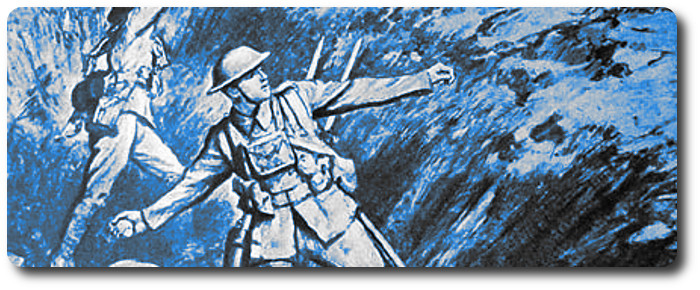
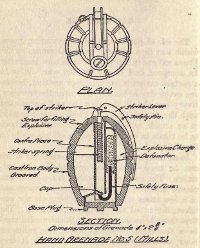 An Irish officer, writing from the British Front in Flanders about bombs and bomb-throwing contrivances, says:
An Irish officer, writing from the British Front in Flanders about bombs and bomb-throwing contrivances, says:
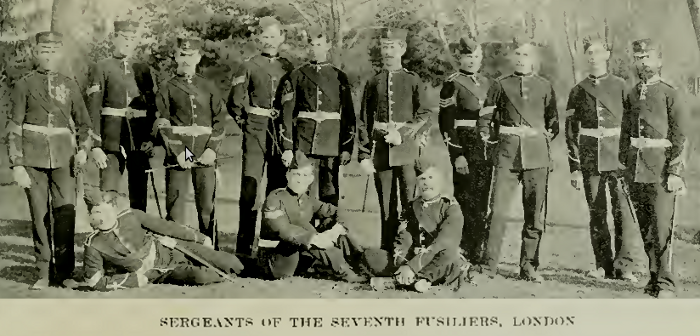
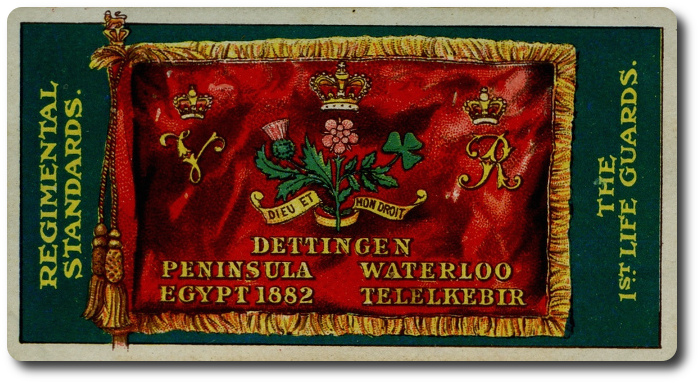


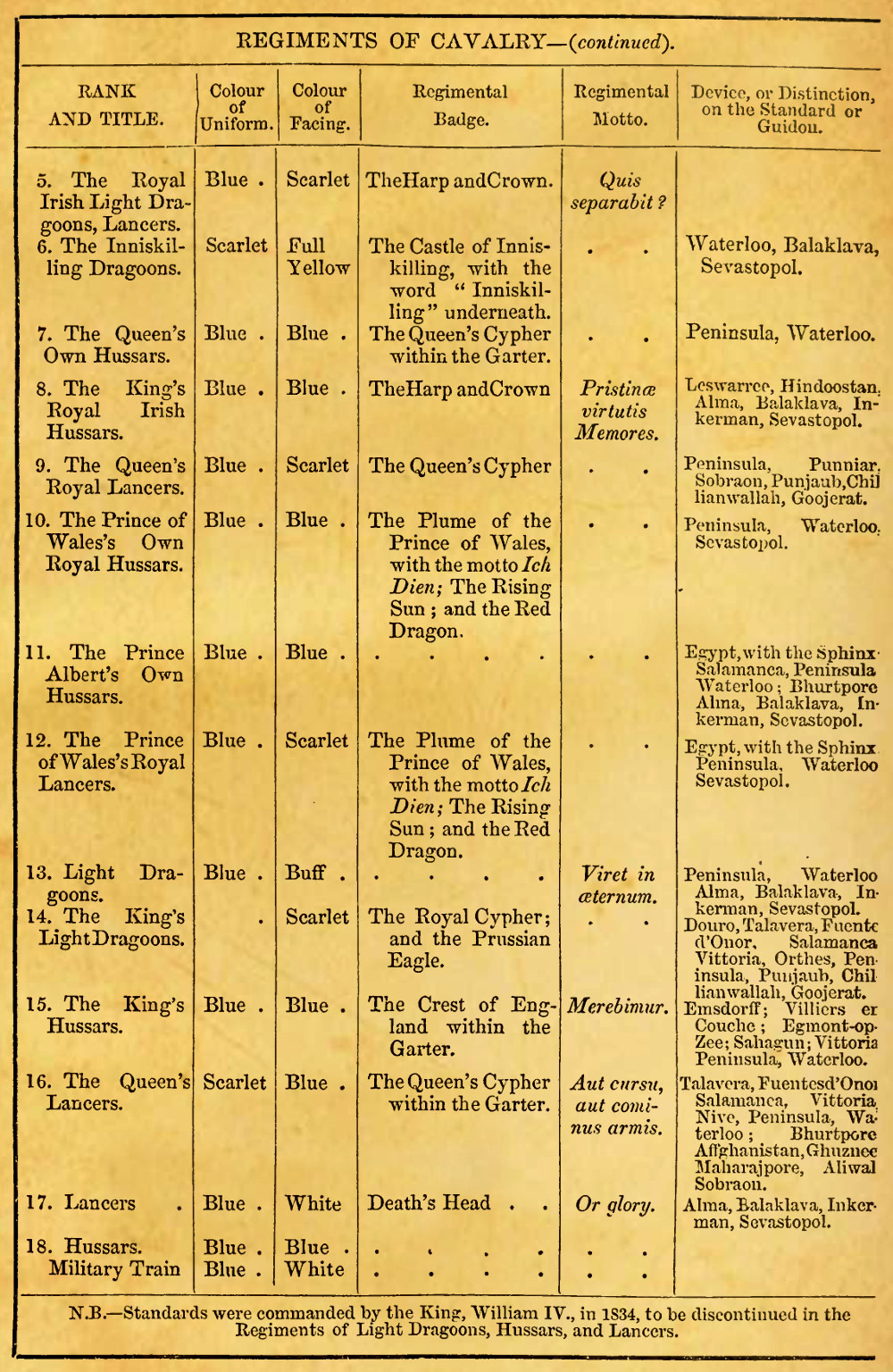
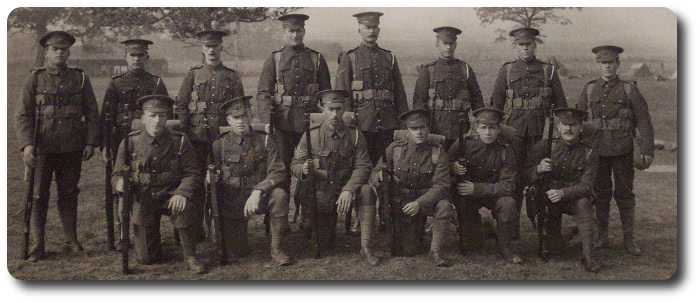

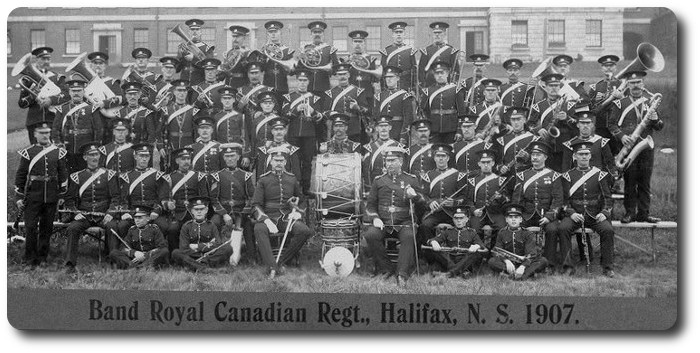
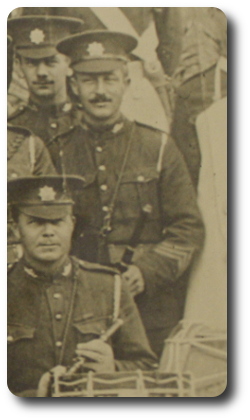 The Quebec Saturday Budget, 6 January 1906
The Quebec Saturday Budget, 6 January 1906